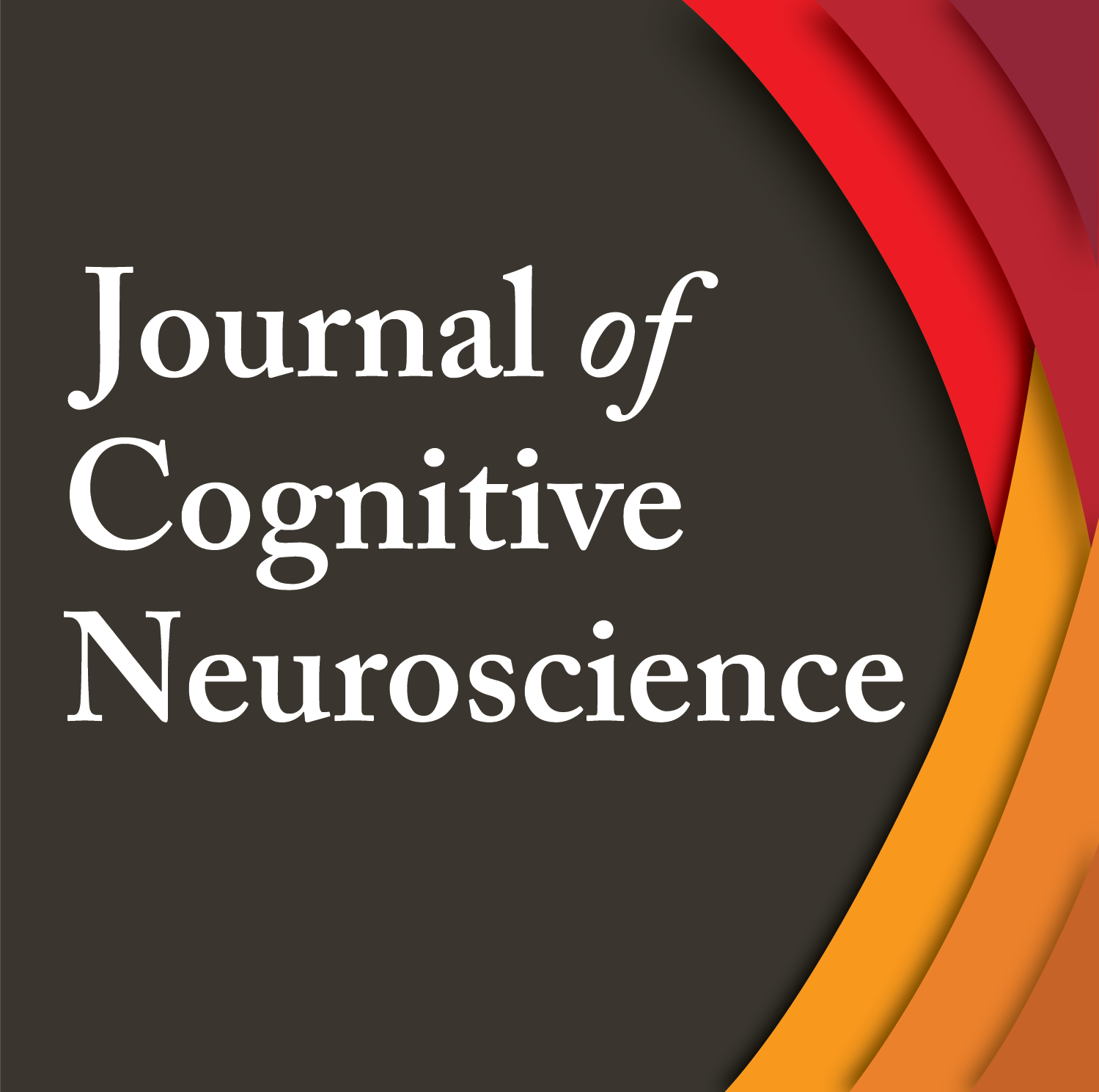Abstract
The network of regions shown by functional imaging studies to be deactivated by experimental tasks relative to nominally more passive baselines (task < baseline) may reflect processes engaged during the resting state or “default mode.” Deactivation may result when attention and resources are diverted from default-mode processes toward task processes. Aging is associated with altered patterns of deactivation which may be related to declining resources, difficulties with resource allocation, or both. These possibilities predict that greater task demand, which increases deactivation levels in younger adults, should exacerbate age-related declines in allocating resources away from the default mode. The present study investigated the magnitude and temporal properties of deactivations in young and older adults during tasks that varied in their demand for cognitive control. Two versions of a verb generation task that varied in their demand for selection among competing alternatives were compared to word reading and a fixation baseline condition. Consistent with our hypothesis, greater deactivations were found with increasing demand. Young and older adults showed equivalent deactivations in the minimal selection condition. By contrast, age differences in both the magnitude and time course of deactivation increased with selection demand: Compared to young adults', older adults' deactivation response showed less sensitivity to demand. Demand-related changes in deactivation magnitude correlated with performance changes, suggesting that individual and group differences in deactivation have functional significance.

